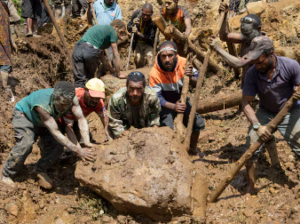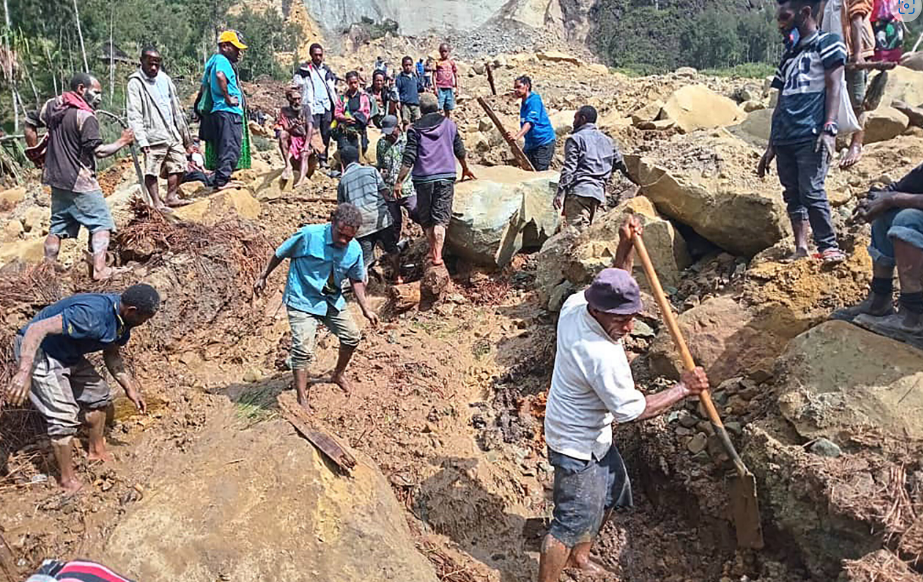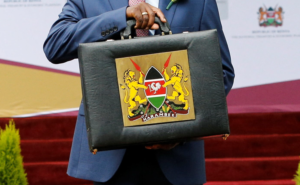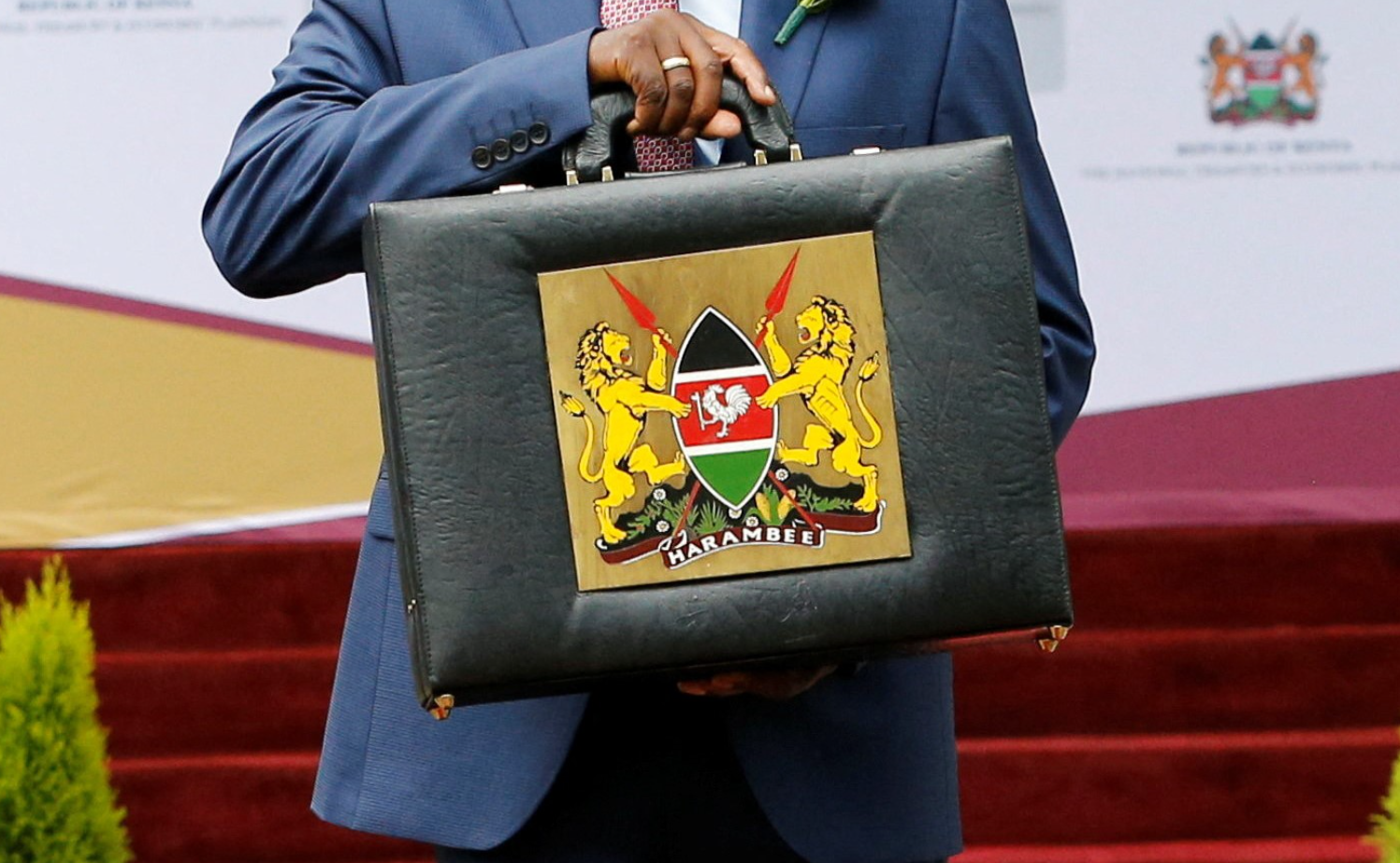A landslide in Papua New Guinea has buried more than 2000 people. This tragedy occurred in a remote village in the country’s mountain area. The residents are using their hands and sticks to remove the bodies from the mud.
According to the residents, heavy machines cannot access the area to help in recovery. Furthermore, the damaged roads and the likelihood of more landslides are intricating recovery efforts.
The tragedy happened at 3 a.m. in the Northwest of Port Mosby, Enga Province. Simple wood structures, homes, and other buildings were not spared. “It’s really heartbreaking to describe what happened.
People are still crying for help; the survivors are still crying for help. It’s almost four days, and the bodies are still buried. It has never happened in the history of the Province.” One of the survivors, Miok Michael, lamented.

Residents digging debris
Four days after the accident, very few bodies have been retrieved. Different aid agencies are struggling to access the area. Initial UN estimates reported 671 deaths, but the PNG’s disaster agency believes more than 2,000 people are being buried.
The ground is still moving, a highway bridge just collapsed, and all these are complicating rescue missions. Justine McMahon, CARE International in PNG.
Justine reported that houses were buried up to 26 feet (8 meters), and it would be difficult to reach some of the victims.
One hundred fifty houses in the Yambali village are buried, and since the ground is under increased pressure, the rocks are still falling. Of the total affected group, 40% are children who have been deeply traumatized.
The exact cause of the landslide is not yet clear, as the area is considered to be receiving considerable rainfall. Papua, New Guinea, has a population of close to 10 million people.
Most of the residents of the ill-fated village moved to the area to mine gold in the waste dumps and open pits of the adjacent Porgera gold mine.
The nearby villages are wondering what will happen to them as the ground continuously shifts.
A provincial administrator in Enga Sandis Tsaka narrated, Every hour you hear rock breaking. It’s like a bomb or gunshot, and the rocks keep falling down.
To avoid further loss, the government plans to evacuate close to 8,000 people to prevent another tragedy.
Australia’s government has promised to assist. They will provide a package of 2.5 million alongside a specialized team in disaster response.
It’s not a rescue mission; it’s a recovery mission. It’s doubtful they will have survived. UNICEF Papua New Guinea’s Niels Kraaier.













